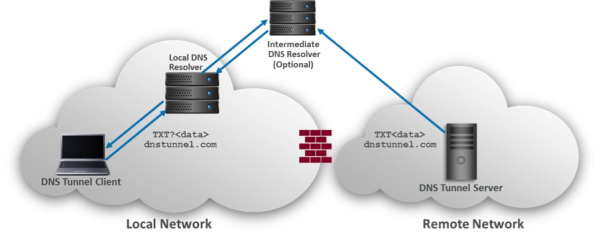

Protect mobile messaging from evolving threats with leading, real-time, automated, and predictive mobile security products.
Protect email messaging from evolving threats with the leader in real-time, automated, and predictive email security products.
Enable security services with threat intelligence and data from the Cloudmark Global Threat Network.
Industry leading predictive, machine learning technology combined with the world's largest mobile messaging threat analysis system.
Learn MoreCloudmark mobile solutions deliver the fastest and most accurate response to protect your mobile network.
Utilize a cloud-based, fully managed security service to protect your network and subscribers from phishing/smishing, spam, and viruses.
Protect and increase revenues by monetizing "grey route" traffic and application to person (A2P) messaging.
Protect mobile-based Rich Communications Services (RCS) and revenues against phishing/smishing, spam, and viruses.
Enable industry's best protection for email to mobile messaging services.
Utilize the most comprehensive suite of tools and capabilities leveraging the Cloudmark Global Threat Network to protect your customers.
Utilize a cloud-based service, best-in-class Cloudmark Global Threat Network, and fully managed SOC to protect your customers from spam, phishing, and viruses.
Utilize automated, machine learning and the best-in-class Cloudmark Global Threat Network to accurately rate senders and content.
Delight your customers by providing a high-performance, sorted mailbox experience.
